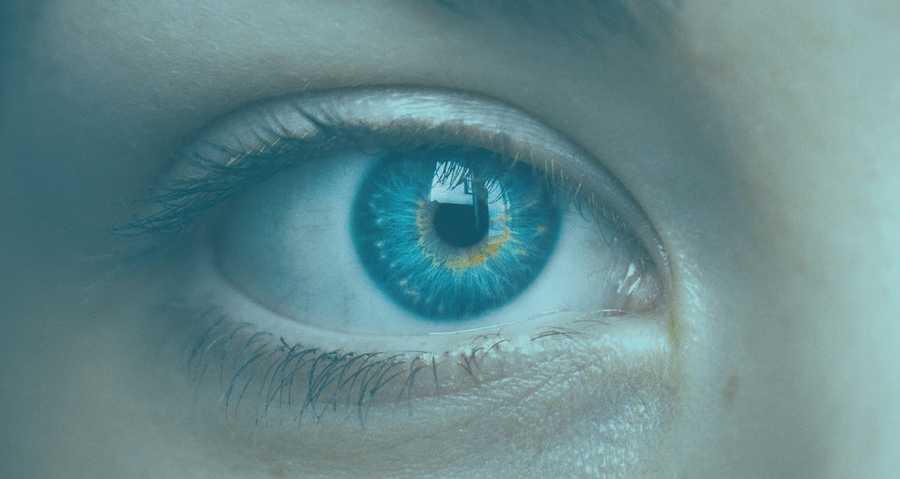How we interpret gaze
- We give gaze physical properties.
- We create implicit mental programmes in which the visual attention of others is understood as a forceful beam emitted from the viewer’s eye and directed at the object of interest.
- These mental programmes allow us to use cognitive shortcuts in order to process peoples’ visual attention quickly and efficiently.
74
722 reads
CURATED FROM
IDEAS CURATED BY
The idea is part of this collection:
Learn more about communication with this collection
Understanding the psychological rewards of bad habits
Creating new habits to replace old ones
Developing self-discipline
Related collections
Read & Learn
20x Faster
without
deepstash
with
deepstash
with
deepstash
Personalized microlearning
—
100+ Learning Journeys
—
Access to 200,000+ ideas
—
Access to the mobile app
—
Unlimited idea saving
—
—
Unlimited history
—
—
Unlimited listening to ideas
—
—
Downloading & offline access
—
—
Supercharge your mind with one idea per day
Enter your email and spend 1 minute every day to learn something new.
I agree to receive email updates
